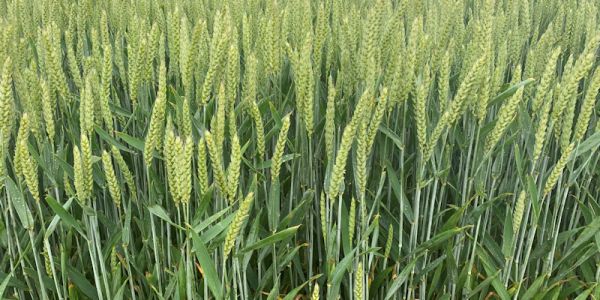
Strengthening research ties with Africa
The University is to be part of a new Africa-UK research collaboration, to identify ways the continent can produce enough food to feed its growing population.

The University is to be part of a new Africa-UK research collaboration, to identify ways the continent can produce enough food to feed its growing population.

A major new study shows adding rock dust to farmland could remove the carbon dioxide equivalent of more than the current total emissions from global aviation and shipping combined.

Gold mining significantly limits the regrowth of Amazon forests, greatly reducing their ability to accumulate carbon, according to a new study.

Technology is not the silver bullet for mitigating and solving the many global environmental issues the world is facing, scientists warn.

Nearly half the UK’s carbon footprint comes from emissions released overseas to satisfy UK-based consumption, according to a new report.

Growing consumption of energy and fossil fuels over four decades did not play a significant role in increasing life expectancy across 70 countries.

Politicians and stakeholders from the farming sector will today hear from a leading Leeds professor on the future of trade regulation and how Brexit will impact future UK agricultural policy.

Precision nutrition and 24-hour monitoring will enable scientists to provide new insights for the pig industry, as the University of Leeds opens the National Pig Centre today.

Introducing fungi to wheat boosted their uptake of key nutrients and could lead to new, ‘climate smart’ varieties of crops, according to a new study.

A prestigious fellowship will support five University of Leeds researchers addressing global challenges.